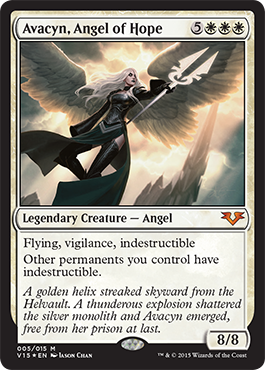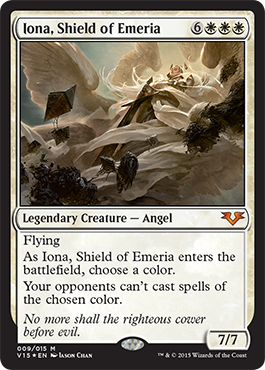"God's Beard!"
Member
edit:
pseudo-graveyard decks in ORI are pretty fun:

I've got a bunch of that stuff, but you need to update your list >:-|
pseudo-graveyard decks in ORI are pretty fun:

Here's what I need specifically for some decks I want to finish out:
.
I've got a bunch of that stuff, but you need to update your list >:-|


